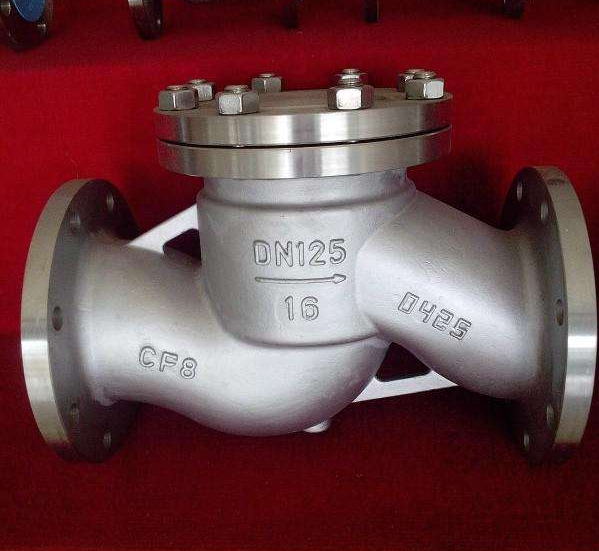Understanding Fire Control Valves and Their Importance in Safety Systems
Fire Control Valves Essential Components for Fire Safety
Fire control valves play a crucial role in fire protection systems, serving as the backbone of fire suppression mechanisms in various establishments, from residential buildings to industrial complexes. Understanding their function, types, and maintenance is essential for ensuring optimal fire safety.
What are Fire Control Valves?
Fire control valves are devices designed to regulate and manage the flow of water or other fire suppression agents within a fire protection system. They are integrated into systems such as sprinkler systems, standpipe systems, and fire hydrants. When a fire is detected, these valves activate to ensure that water reaches the affected areas swiftly and effectively, minimizing damage and enhancing safety.
Types of Fire Control Valves
1. Post Indicator Valves (PIV) These valves are located above ground and provide a clear visual indication of whether the valve is open or closed. They are typically used in outdoor applications and are essential for firefighters who need to identify the water supply quickly.
2. Butterfly Valves Known for their simple design and quick operation, butterfly valves are commonly used in fire suppression systems. They consist of a disc that rotates to allow or block fluid flow, making them ideal for large-diameter pipes.
3. Gate Valves These valves are used for on/off control and are renowned for providing minimal resistance to fluid flow when fully open. However, they are not ideal for regulating flow and should only be used when the maximum flow is required.
4. Check Valves Designed to prevent backflow, check valves ensure that water flows in only one direction. This feature is crucial in preventing contamination within the fire suppression system.
5. Alarm Valves These specialized valves are equipped with a mechanism that triggers an alarm when the valve opens, indicating that water is flowing through the system. This feature is especially important in monitored fire suppression systems.
Importance of Fire Control Valves
The importance of fire control valves cannot be overstated. They are integral to ensuring that fire suppression systems function correctly during an emergency. Efficient fire control valves help to
fire control valve

- Prevent Fire Spread By delivering water or suppressants effectively, these valves limit the spread of fire, protecting lives and property.
- Increase Rescue Opportunities Timely and effective fire suppression can create windows of opportunity for safe evacuation and rescue.
- Minimize Property Damage A well-functioning fire suppression system can significantly reduce damage during a fire incident, saving both property and resources.
Maintenance of Fire Control Valves
Regular maintenance of fire control valves is vital for ensuring their functionality during emergencies. Here are some essential maintenance practices
1. Routine Inspections Fire control valves should be inspected regularly to ensure they are in the correct position (open or closed) and functioning as intended.
2. Functional Testing Periodic functional tests should be conducted to simulate fire scenarios, ensuring that the valves respond appropriately.
3. Cleaning and Lubrication Valves should be cleaned and lubricated to prevent rust and ensure smooth operation. This is particularly important for moving components like gate or butterfly valves.
4. Documentation Keeping accurate records of inspections, maintenance, and repairs helps track the operational status and lifespan of the valves.
5. Professional Service It’s recommended to engage certified professionals for maintenance and servicing of fire control valves to ensure compliance with safety regulations and standards.
Conclusion
Fire control valves are essential components of effective fire protection systems. Their ability to regulate the flow of water or fire suppressants is vital for emergency response. Regular maintenance and understanding of the various types of valves ensure that buildings remain safe and compliant with fire safety regulations. Investing in proper fire control measures, including reliable valves, is paramount in safeguarding lives and properties from the devastating effects of fire. As we continue to prioritize safety, the role of fire control valves will remain a cornerstone of our fire protection efforts.
-
The Key to Fluid Control: Exploring the Advantages of Ball Valves in Industrial SystemsNewsJul.09,2025
-
The Versatile World of 1, 2, and 3 Piece Ball ValvesNewsJul.09,2025
-
Stainless Steel Ball Valves: The Ideal Choice for Efficient Flow ControlNewsJul.09,2025
-
Optimizing Fluid Control with Ball Float ValvesNewsJul.09,2025
-
Manual Gate Valves: Essential for Control and EfficiencyNewsJul.09,2025
-
Everything You Need to Know About Butterfly ValvesNewsJul.09,2025
-
The Versatility of Wafer Type Butterfly ValvesNewsJul.08,2025




